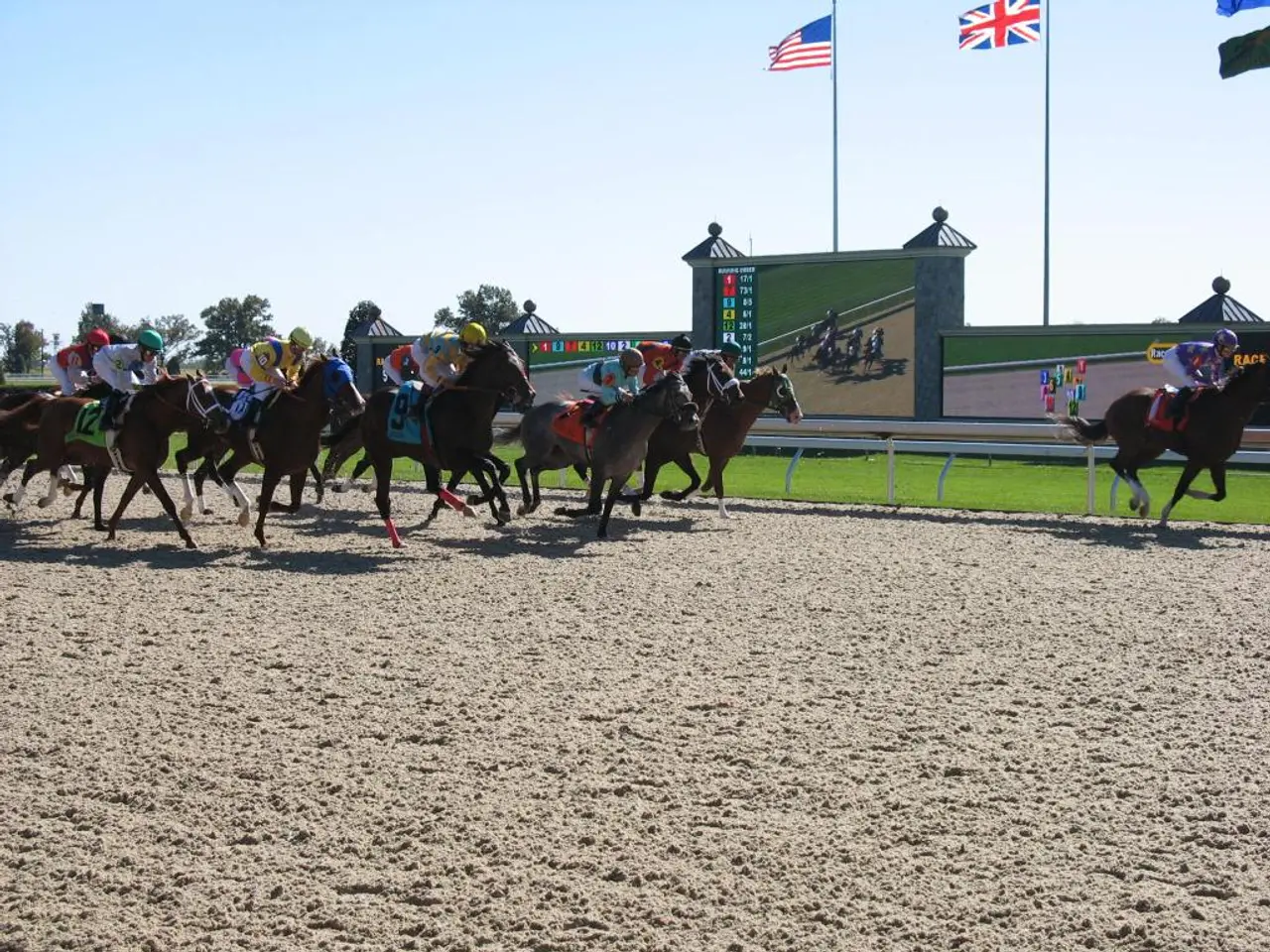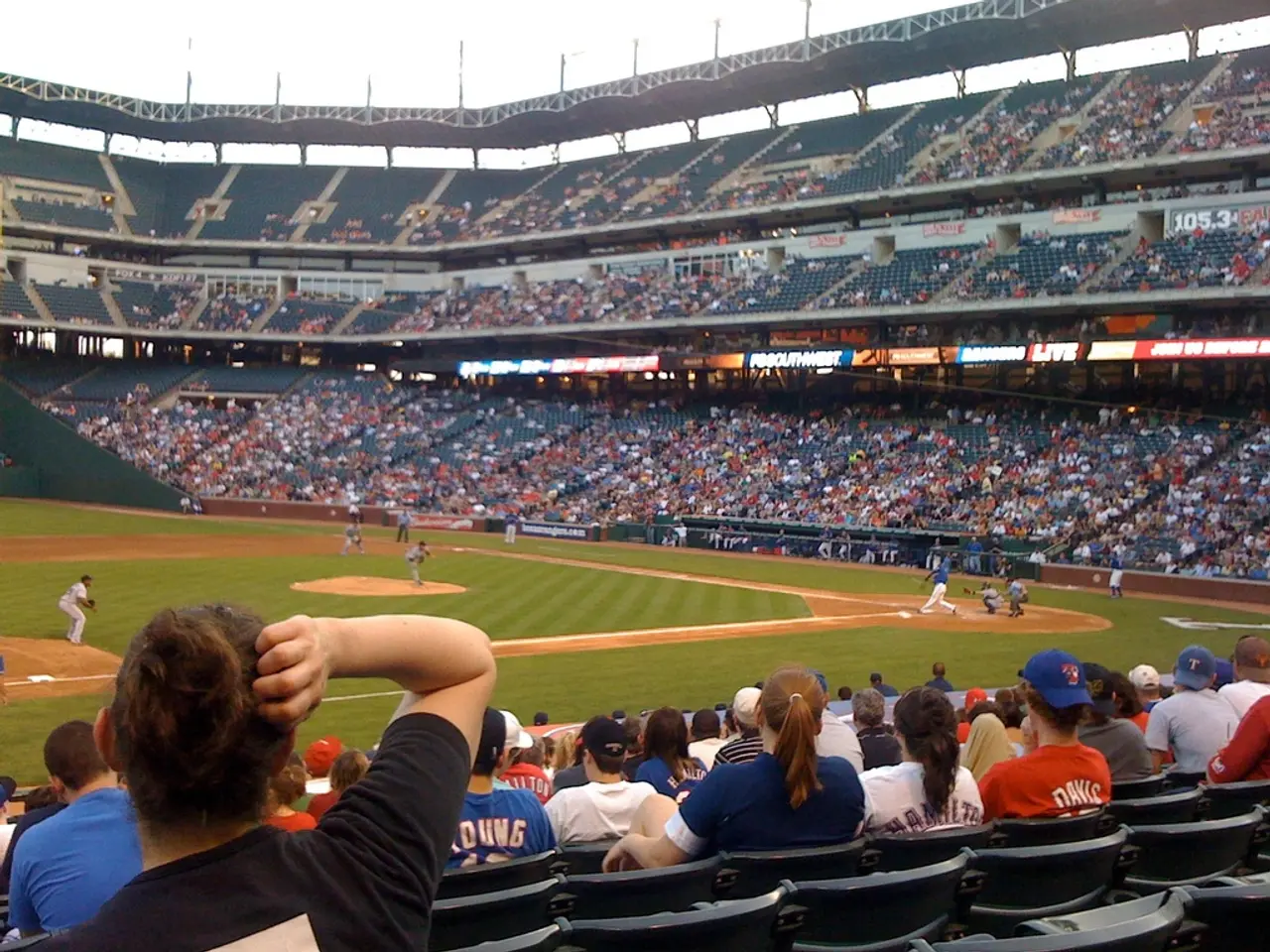Hotel proprietors in Los Angeles voice concerns as the proposed $30 minimum wage could potentially devastate the industry.
Los Angeles, known for its bustling tourism industry, is set to host a series of major events in the coming years, including the Olympics, Super Bowl, FIFA World Cup matches, and the NBA All-Star game. However, the city's hotel industry is currently embroiled in a heated debate over a minimum wage increase, with potential consequences that could impact the city's economic growth and tourism sector.
The minimum wage for hotel workers in Los Angeles was scheduled to increase to $22.50 per hour for hotels with 60 or more rooms starting July 1, 2025. This is part of a gradual plan to raise wages to $30 an hour by 2028, coinciding with the Olympic Games hosted in Los Angeles. The ordinance also includes additional health care stipends and training requirements for hotel and airport workers.
Supporters, including the City Council and some economists, argue that the wage hikes will serve as a tool for economic growth, with projections of creating approximately 6,000 full-time jobs by 2028. An economist hired by the city estimated that hotels could absorb the wage increases by raising their room rates by about 6%, which is seen as manageable within the industry.
However, opponents, mainly hotel operators and developer lobbies, caution that the wage increase could lead to business retrenchment, downsizing, and a deterrent to investment and new projects in the city. They warn of potentially negative impacts on hotel profitability and overall tourism industry costs.
The debate intensified when a referendum petition was filed against the ordinance, leading to a suspension of the full implementation of the wage increase while the petition is being reviewed by the City Clerk’s office. As of early July 2025, until the referendum outcome is decided, the wage for hotel workers is set at $21.01 per hour according to the original ordinance. If the petition does not qualify, the higher wage of $22.50 per hour (and the full ordinance) will take effect. If the referendum qualifies, the ordinance remains suspended pending voter approval.
The American Hotel and Lodging Association (AHLA) launched a petition to block the minimum wage hike in Los Angeles, citing potential consequences such as declining occupancy rates, layoffs, loss of tax revenue, derailing of new hotel developments, and the elimination of special room rates for the 2028 Olympic and Paralympic Games. The AHLA stated that the wage increase would lead to an "economic tsunami" for the hotel industry.
Hotel operators are particularly concerned about the impact of the minimum wage hike on their profitability and the potential loss of jobs. One hotel operator, Beccaria, a partner of Hotel Angeleno in West Los Angeles, told the Wall Street Journal that he put a hold on a $10 million planned renovation of his hotel due to the wage increase.
The final impact of the minimum wage hike on Los Angeles hotels hinges on the referendum outcome and how hotels adapt operationally to these wage increases. Voters will now be able to vote to repeal the ordinance next year. The city's tourism industry, which generates over $40 billion in local business sales and employs more than 540,000 people, will closely watch the developments unfold.
References: [1] Los Angeles Times, "LA hotel workers to get $22.50 minimum wage in 2025, under new city law," 2023. [2] Los Angeles Business Journal, "Minimum Wage Hike for LA Hotels Sparks Controversy," 2023. [3] Fox Business, "Hotel industry fights $30 minimum wage in Los Angeles," 2025. [4] Wall Street Journal, "LA Hotelier Pauses Renovation Plans Over Minimum Wage Hike," 2025. [5] Los Angeles City Council, "Ordinance No. 189533," 2023.
- The debate over the minimum wage increase for hotel workers in Los Angeles, scheduled to reach $22.50 per hour in 2025, has sparked concerns about the city's economic growth, particularly in the tourism sector.
- Some argue that the wage hike, which could increase room rates by about 6%, could impact the general-news of potential business retrenchment, downsizing, and a deterrent to investment in the city, affecting hotel profitability and overall tourism industry costs.
- Interest rates and inflation could also be influenced by the minimum wage hike, as higher labor costs may lead to higher business expenses, potentially affecting the lifestyle of residents and visitors by increasing costs associated with tourism and hospitality in Los Angeles.








